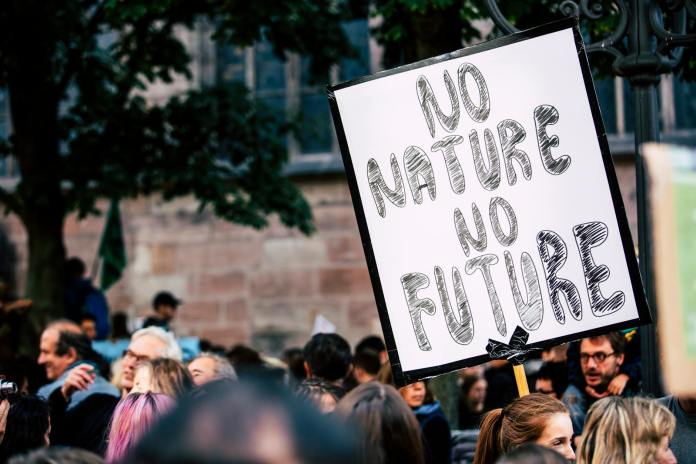The world's oceans are experiencing a record-breaking year of heat, with temperatures reaching new highs every day over the past year, according to a recent analysis by the BBC. This alarming trend, fueled by climate change and the natural weather event El Niño, is causing significant harm to marine life and triggering a new wave of coral bleaching.

For decades, the oceans have served as the Earth's buffer against climate change, absorbing about a quarter of the carbon dioxide humans produce and soaking up around 90% of the excess heat. However, the past year has shown the most concerning evidence yet that they are struggling to cope, with the sea surface particularly feeling the heat.
The average surface temperature of the global oceans has been consistently above the long-term norm since March 2023, hitting a new record high in August. The sea surface reached a new global average daily high of 21.09C in February and March this year, according to data from the EU's Copernicus Climate Service.
"The fact that all this heat is going into the ocean, and in fact, it's warming in some respects even more rapidly than we thought it would, is a cause for great concern," says Prof Mike Meredith from the British Antarctic Survey. "These are real signs of the environment moving into areas where we really don't want it to be and if it carries on in that direction the consequences will be severe."
The warming of the oceans is having a considerable impact on global sea life, potentially even shifting the seasonal cycle of sea temperatures. The most significant consequence has been the mass bleaching of coral globally. These key ocean nurseries turn white and die because the waters they live in grow too hot. They are a critical element in the ocean ecosystem, home to around a quarter of all marine species.
In the UK, rising sea temperatures are having an impact, with a number of creatures having vanished completely from coastal locations. "The problem of climate change is that it's happening too quickly for evolution to catch up with it," says marine biologist Dr Nova Mieszkowska from the University of Liverpool.
Meanwhile, in Scotland, scientists have identified the biggest climate change threats to the fragile environment of St Kilda. Rising temperatures, more frequent and severe storms, and changes to ocean currents pose the greatest risks to the archipelago, which is home to thousands of sea birds and unique sub-species of mouse and wren.
In another development, a study published in Nature Communications has found that the communication system of sperm whales, which have the largest brains of any animal species on Earth, is more "complex" than scientists previously believed. The study suggests that sperm whales can combine and modulate different clicks and rhythms to create complex calls, similar to human language.
More for you: